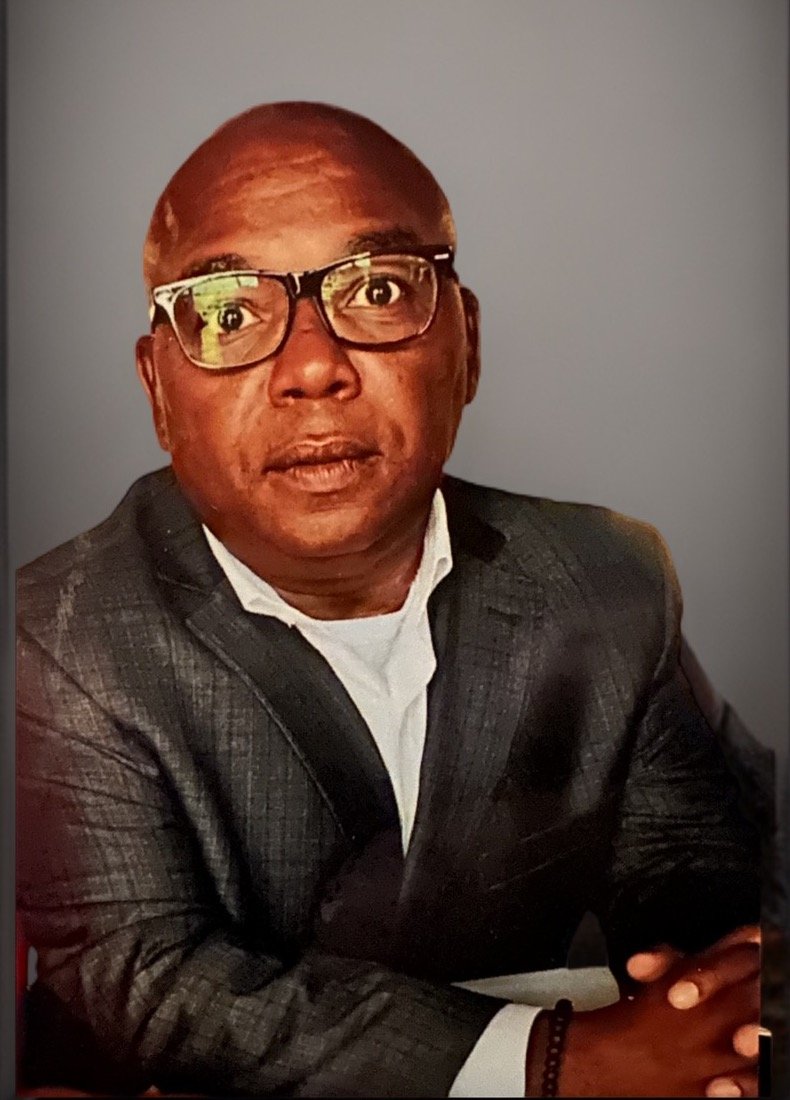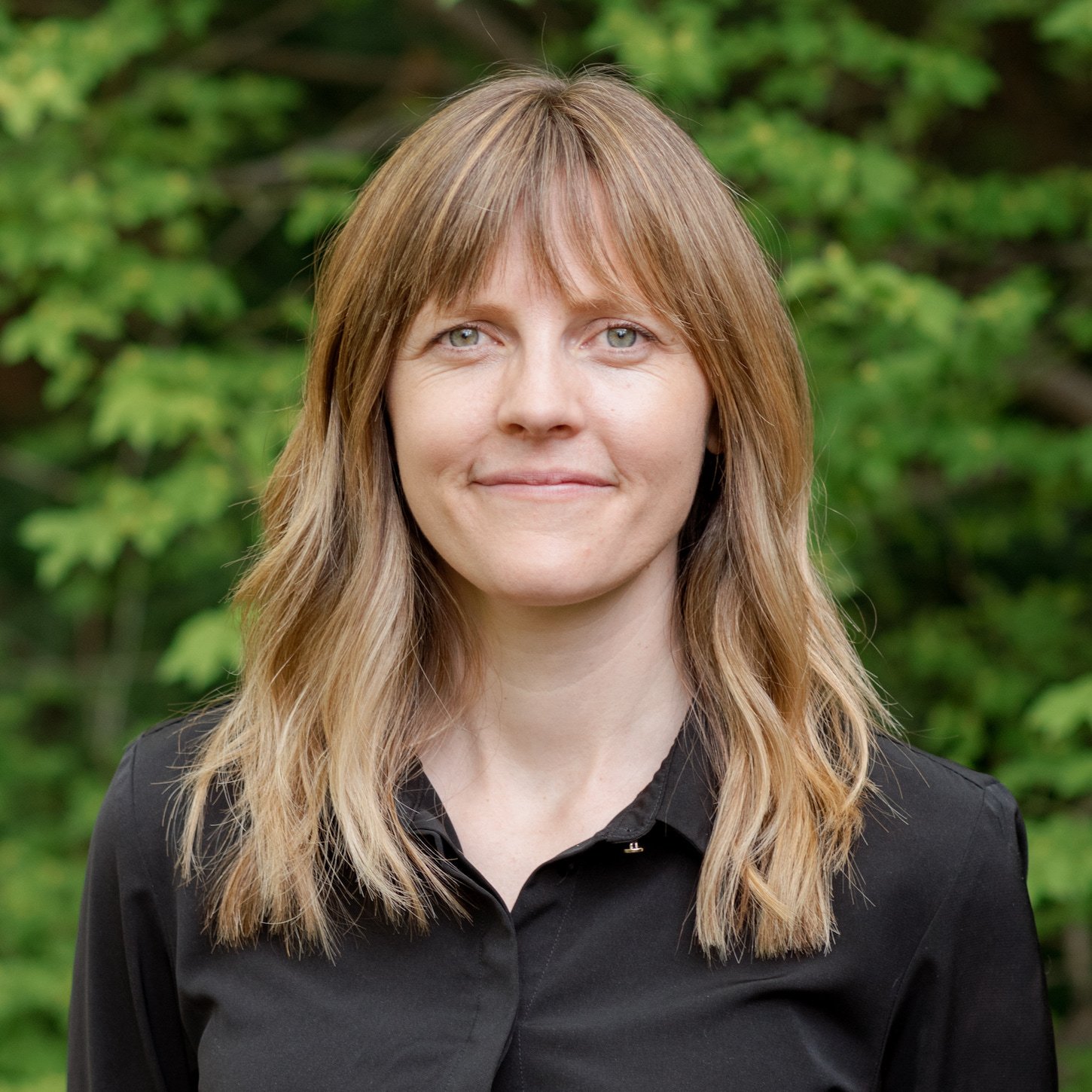WHO IS
THE WE?
WHAT IS
OUR WORK?
To be trusted is the highest honour & privilege
Spaces of significant change demand a lot of everyone in the room. Groups need to support each other in both challenging and tender ways—with compassion, empathy, and courage. We anticipate that “change means movement. Movement means friction” (Saul Alinsky). Individually and as a team, we work on ourselves so we can work for you and your colleagues. We know that everything can be on the line in a particular moment in a specific room. By showing up fully in just the way you need us, we offer the guarantee that few promise—preparation for what may arise.
Organizations need to change and yet most are moving in far smaller increments than required. Solutions are not solving and we think we know why. Solvable designs the spaces for teams, groups, and organizations to constructively approach the challenges of adaptation, and respond to the frictions of current reality and different futures. We facilitate personal and collective interrogations of thinking, patterns, and structures within in-person and virtual rooms. We are an intentionally small team of senior practitioners. This enables us to maintain intimate, co-developmental, and right relationships with our clients and broader ecosystems. Together, we cultivate new capacities and enhance stamina to become better stewards.
Our Origin Story
Solvable started back in 2011 on the idea that innovative solutions could be the remedies to the wicked problems ailing our social and planetary systems. This theory of change subscribed to the worldview that so called breakthroughs are technical–once found, they are the key to unlocking new futures. Like the way high pressure turns carbon to diamonds, our work was to shape collaboration conditions amongst innovation teams so jewels would form.
In 2019, our worldview shifted. With escalating climate disasters and growing socio-economic and racial divisions, it felt like the end game of colonial modernity—no matter how innovative the solutions were, they were predicated on the values of the dominant paradigm that solved on the backs of people of colour, women, the poor, flora, fauna, and the biosphere. These were fixes that failed because the innovations reproduced our unsustainable and violent culture while furthering its perpetuity.
Once we saw through our disillusionment that there was no win-win in doing well by doing good, we adapted Solvable to work on the undercurrents of cultures and mental models—working within the cracks of what is being released to enable a different kind of future.
Our theory of change is that the organizations fail to adapt because all too rarely spaces are created that invite others ways of knowing and being together in the work. This is not a failure of knowing that adaptation is needed, but rather the inability to interrupt the momentum that keeps groups, institutions, and communities in the space of incrementalism. This is why we offer processes in place of answers, questions instead of declarations. We kept the name Solvable as an accountability to our legacy and to hold the paradox of our past with our present. Same name, different meaning.
We Believe
(a working draft)
💬 We believe in the harvest of ideas, dissent, and sensemaking.
🌟 We believe in the genius of individuals and the power of collaboration.
🔍 We believe that answers are not solutions.
🧩 We believe that all solutions should solve.
🫂 We believe that relating matters.
🌀We believe that unlearning opens new pathways.
🔁 We believe in beginnings, middles, and ends.
🔥 We believe that each of us has the power to disrupt our socialization.
💫 We believe in hope, mystery, love, and joy.
🧭 We believe that how matters.
🧠 We believe in thinking about our thinking.
🌪️ We believe in embracing complexity.
🕸️ We believe that systems shape outcomes, and that we shape systems.
🪞We believe that integrity is a practice, not a principle.
OUR (Intentionally)
Small TEAM
-
Adam is the Founder of Solvable. Adam spent much of his career as a strategist in graphic and industrial design studios exploring design as innovation in worldmaking after a first career in arts and humanitarian philanthropy in NYC. He holds an MBA with specializations in Marketing and Entrepreneurship from the University of Texas, and an undergraduate degree in History from Colorado College. Born in Memphis where his environmental justice roots descended, Adam lives as a newcomer on the unceded and traditional lands of the xʷməθkʷəy̓əm (Musqueam), Sḵwx̱wú7mesh (Squamish), and səlilwətaɬ (Tsleil-Waututh) Nations colonially known as Vancouver, Canada. He spends time on the land jogging, mountain biking, snowboarding, hiking, and sitting with good books.
-
Anna is a designer and facilitator centering her practice on creative interventions that strategically reveal, disarm and demolish the toxicity within the status quo, while fostering cultures of health and reparation. She has an undergrad in Civil Engineering and a masters degree in Cultural Landscapes and Sustainability, both from Federal University of Santa Maria, as well as practice as illustrator, visual and strategic designer. Anna was born and lives in Brazil, which gives her plenty of opportunities to experience, test, refine and iterate decolonial approaches, as well as to embody VUCA as a daily practice, whether she likes it or not.
-
Anthony is a native of Memphis, TN. He has a Bachelor's of Science and Master's of Engineering in Mechanical Engineering from Tennessee State University (TSU), a Master’s of Arts Degree in Civic Leadership from Lipscomb University and a Juris Doctorate from Howard University School of Law. Anthony strongly believes that we need to invest in creating a network of individuals with the skills and dedication to resist groupthink and the balkanization of societal issues. Anthony lives in Nashville, TN.
OUR Collaborators
-
Maryam is a former human rights lawyer, social entrepreneur, and systems change practitioner. Her work centers “dialogues of wisdoms” and decolonial approaches to social innovation. She co-founded the Social Innovation Lab in South Asia and Daftarkhwan, a network of co-working spaces in Pakistan, and has led numerous impact-driven initiatives. A former Vice Secretary General of the International Muslim Jewish Conference, she is also an Acumen, Laureate Global, and Positive Deviants Fellow. Maryam received her LL.M. from UC Berkeley and PhD in Sustainability Management from the University of Waterloo. She is currently a postdoctoral fellow at McMaster and Waterloo, and teaches at both Waterloo and OCAD University. Her recent work spans decolonial pedagogy, climate adaptation, systemic finance, and education strategy.
-
May is a facilitator and Master Certified Coach with a master’s degree in East/West psychology from The California Institute of Integral Studies and an Undergraduate degree in philosophy from The University of Utah. She focuses her work and learning on implementing human change theories and cultural ontologies that support right relationships with self, each other, and the planet. She guides groups and individuals through the inner work needed to transform worldviews and ways of being in service of dismantling structures of systemic harm and expanding future possibilities. May lives in her desert home Salt Lake City, Utah where she was born and raised. She’s lucky to be surrounded by the love of her husband, new baby, and deep community of extended family and friends.
-
Growing up on a farm instilled Charles’ reverence for the land and nature. His studies in cultural anthropology nurtured his curiosity to learn about culture and human behaviour. For the past 30 years Charles has designed and hosted dialogues around the world, that help teams and communities, to connect, engage and mobilize in support of desired futures. His career has involved administrative and teaching roles at a number of Canadian and Saudi Arabian universities as well as collaborating on the establishment of different learning organizations: The Academy for Systems Change, The Dalai Lama Center for Peace and Education, and The Learning Strategies Group. His interest is helping groups to see possibilities for what they might create together, to acknowledge, but not be constrained by pasts, and to explore opportunities for working in collaboration to create better futures.







